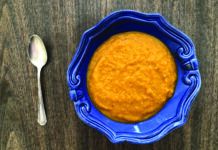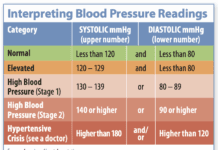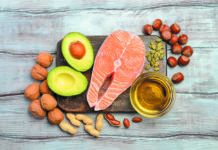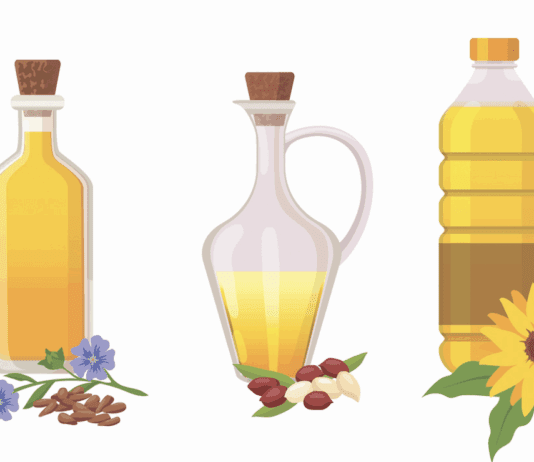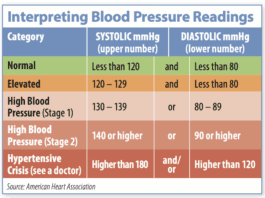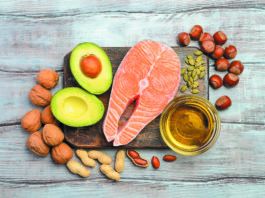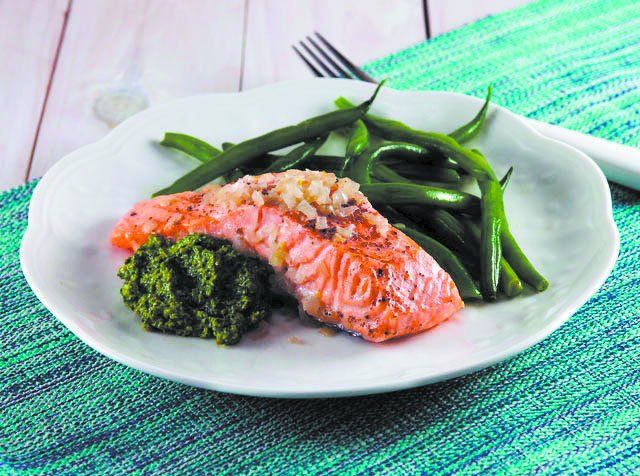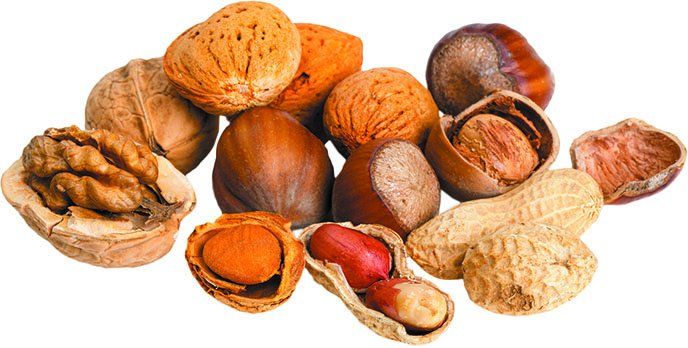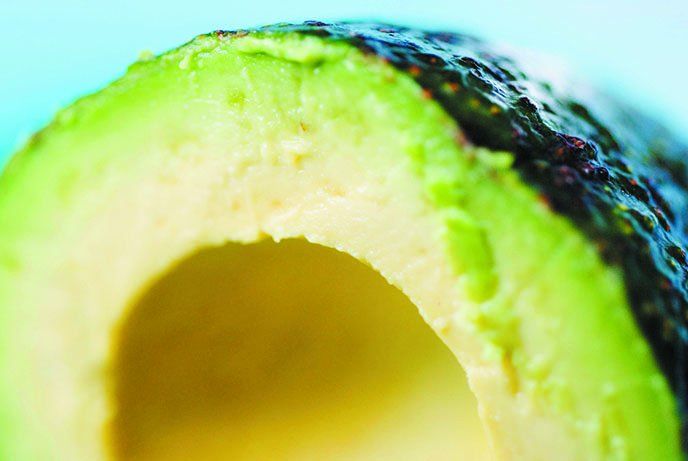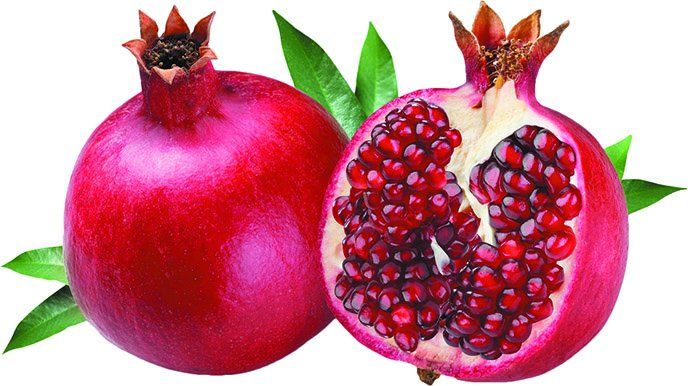USDA Offers Voluntary GMO-Free Labeling
As consumer groups lobby for mandatory labeling of foods with genetically modified (GMO) ingredients, the US Department of Agriculture is rolling out its first certification and labeling program for GMO-free foods. The program is voluntary and companies have to pay the agency for the certification. Currently, companies can label their foods as GMO-free, but there is no official government labeling other than the USDAs organic certification; all organic products are GMO-free, but not all GMO-free foods are organic. Many companies have adopted a private label verified by the nonprofit Non-GMO Project. Under the USDA plan, the agency would work with companies to certify non-GMO claims as part of its Process Verification Program, much as it now does with such labeling as humanely raised.
Nicotinamide Linked to Fewer Recurrent Skin Cancers
If the headlines about a drug related to B vitamins helping to prevent skin cancer tempted you to toss your sunscreen and broad-brimmed hat, think again. The findings were exciting because the hope of preventing cancer with vitamins has largely proven elusive, and the researchers declared their results ready to put into clinical practice.But, in a cautionary note that didnt necessarily make the nightly news, those Australian scientists also said only people who get frequent non-melanoma skin cancers should adopt the preventive measures-and only after consulting with their doctors. Moreover, the vitamin B3 compound that was tested isnt the familiar niacin found in supplement aisles. Niacin can cause side effects including flushing and headaches. Rather, the study used nicotinamide, a compound related to niacin thats more commonly sold in the US as niacinamide.
Coffee Drinkers Have Clearer Arteries
Scientists may now better understand at least one way in which coffee could help to protect against cardiovascular disease. A large new Korean study reports that people drinking three to five cups of coffee daily were 41% less likely to show signs of coronary artery calcium than non-coffee drinkers. This calcification is an early indicator of the artery-clogging plaques (atherosclerosis) that cause coronary artery disease, which afflicts nearly 16 million Americans. (See box.)
Q. My dentist recommended using a prescription fluoride toothpaste. If the water in my...
Q. My dentist recommended using a prescription fluoride toothpaste. If the water in my city is already fluoridated, does that contribute to the risk of possible overdose?
Q. Your recipes sometimes call for wrapping food in aluminum foil to cook, such...
Q. Your recipes sometimes call for wrapping food in aluminum foil to cook, such as in your June 2014 Simple Salmon & Trio of Herb Sauces. Id prefer to limit my exposure to aluminum and wonder if there is an alternative method.
New Evidence Your Heart Loves Nuts
If you grew up thinking of nuts as a not-very-good-for-you indulgence, theres a growing pile of evidence that should change your mind about these healthy foods. For a long time, consumers thought that coffee raises blood pressure, eggs cause heart disease, chocolate is an unhealthy treat, and nuts make you fat, says Jeffrey Blumberg, PhD, director of Tufts HNRCA Antioxidants Research Laboratory. However, such conclusions were often based on very little science and several mistaken assumptions. The latest news in nuts rehabilitation comes from two studies spotlighting the heart-health benefits of almonds and peanuts.
Could Choice of Alcoholic Beverage Affect Arthritis Risk?
Wine drinkers may be less likely to develop osteoarthritis of the knee, while drinking beer is associated with greater risk of osteoarthritis in both the knee and hip. Writing in Arthritis Research & Therapy, British researchers reported those findings from an analysis of nearly 3,000 participants in the Genetics of OA and Lifestyle study.But dont change your drinking preferences based on this study alone. The interpretation of these observations is complicated by the relatively weak nature of evidence from the retrospective case-control study design used by the studys authors along with the lack of supporting evidence in the literature for this relationship, says Paul F. Jacques, DSc, director of Tufts HNRCA Nutritional Epidemiology Program.
Avocados Could Improve Your Cholesterol-and More
Not so long ago, avocados were a seasonal delicacy in most of the country, and when they were available, their high fat content scared away health-conscious consumers. With loosened import rules from Mexico, however, sales of Hass avocados (about 95% of the US market) have more than doubled in the past decade. Last year, Americans peeled about 4.25 billion avocados, and in February avocados even boasted their own Super Bowl commercial.
European Agency Eases Caffeine Concerns
Brushing off worries about the caffeine content in energy drinks, the European Food Safety Authority issued a draft risk assessment stating that single doses of up to 200 milligrams and daily consumption totaling 400 milligrams of caffeine are safe for adults. The agency, which functions for the European Union much as the Food and Drug Administration does for the US government, also said that high single doses were safe when consumed less than two hours…
Court Mostly Backs FTC vs. Pomegranate Claims
In what may prove a landmark ruling for food and beverage health claims, a US appeals court largely upheld a Federal Trade Commission order requiring proof of promises made for a popular pomegranate-juice drink. In its original 2010 order, the FTC had challenged magazine advertisements for POM Wonderful that claimed the beverage combats heart disease and other ailments. The appeals-court ruling overturned the agencys requirement that two human clinical trials back up such claims in all cases as too onerous. But the three-judge panel agreed that the ads were misleading and that at least one randomized clinical trial could be required to substantiated any claims of treating or preventing disease.


